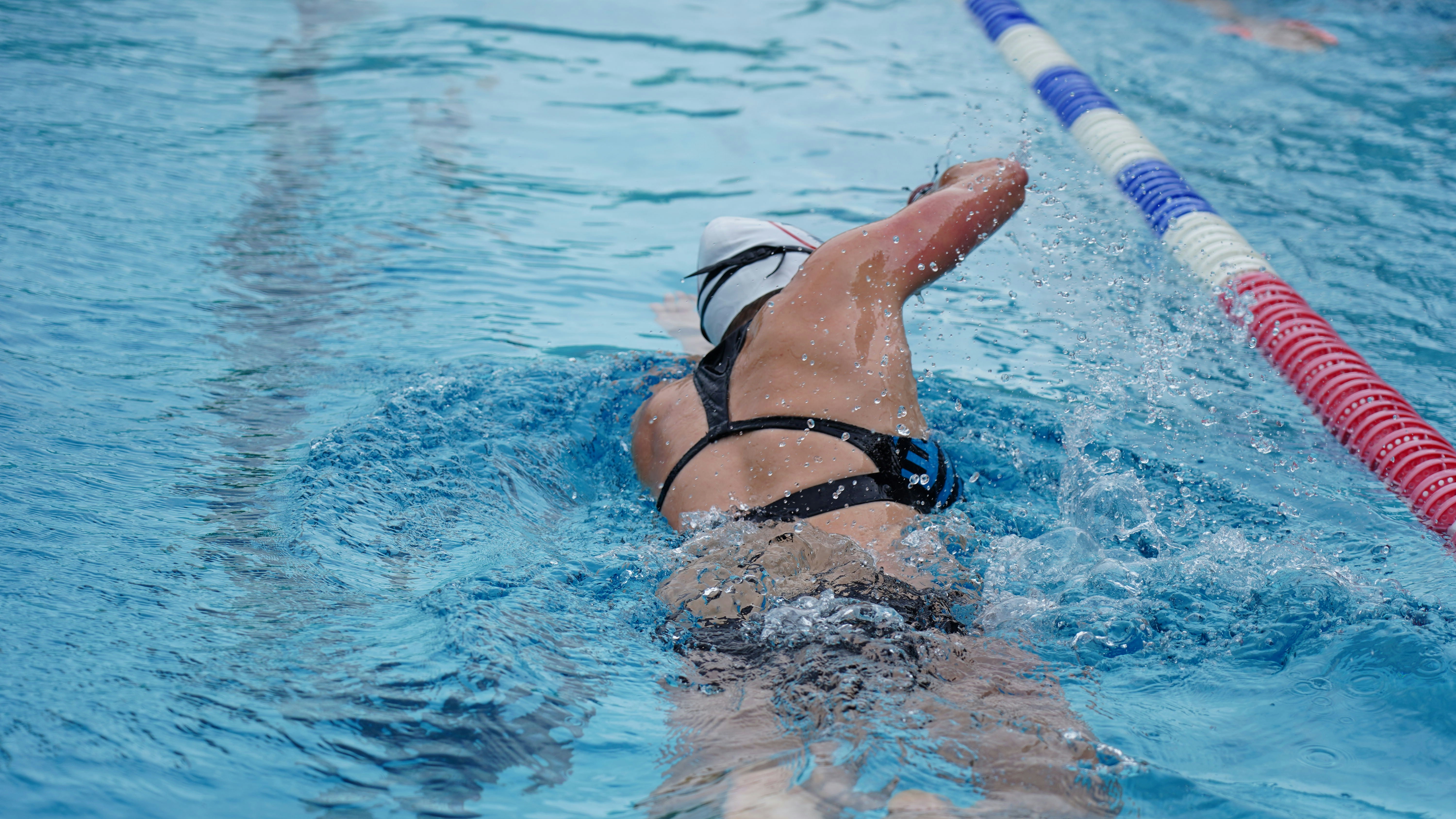
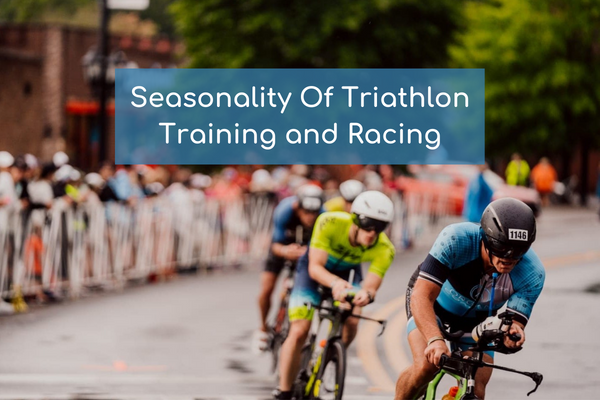
Here in the Midwest, temperatures have dropped, and the leaves have changed colors and fallen to the ground. Once the snow hits the ground, we know that it’s a sign of changing seasons. During this transition, a lot of athletes are wrapping up their season of racing and heading into the postseason. So today we are going to dive into seasonality of setting up your triathlon training and racing season.
While this is typical for most athletes (especially those who live in colder climates), it’s not written in stone that the end of fall must be the postseason or that an athlete should structure their season a particular way. In fact, here at Organic Coaching, our triathlon coaches help and encourage athletes to plan their training and racing around their lives and their own seasons.
There are a few big factors for most athletes to consider when deciding when training and racing are ideal. In general, an athlete’s type of work is the #1 factor along with other considerable factors such as large life events, family, and local climate. All of these are important to look at when sitting down to plan next year’s race schedule.
Jobs such as realtors, teachers, and accountants tend to have a cyclical busy season where it tends to be particularly difficult to find spare time to dedicate to training. For example, the spring for accountants is considered their busy season where finding time to train is extremely difficult. In this case, it is recommended for the athlete to plan this time as an off period or maintain light training until that season is over.
Then their season can begin, and fall would be a realistic time period to execute a race with confidence. Whereas teachers have a busy end of summer and early fall with the school year. So an early summer or spring race may be a better fit for them. Even if your job doesn’t have a cyclical season, there may be some upcoming projects or initiatives at work that may require longer hours during portions of the year.
A life event is anything that will occupy a lot of your time such as adopting a pet, moving, buying a house, or getting married. If you know of any large life events for the upcoming year, it would be best to consider the amount of time that it will occupy and how that could affect your goals. It is important, to be honest with yourself about how it can potentially affect your goals.
It is important to discuss with your family what time of year works best for them too. Especially if your family and loved ones plan on coming to your races or have commitments as well.
With all these factors in mind, it is time to pick your season.
By no means are athletes not limited to racing in only one season but there may be a better season for your ‘A’ race. There are pros and cons to racing at all times of the year. But it is advantageous to plan ahead and have a good idea of what the year will bring.
Usually means a quick postseason and jumping right into winter training. In warmer climates, winter may be prime training weather. In colder climates, there will most likely be little to no open water swim practice before the race, all rides inside and runs can be in tough conditions if you run outside.
Allows for a long postseason and more time for base training and building. However, summer races can be hot. It would be wise to do some heat preparation to prepare your body for the heat. Additionally, if it’s late summer, you may be occupying a lot of summer weekends with heavy training.
This means mainly training through the summer. It allows more time to gain fitness and depending on the month, there are potentially cooler races. Fall is ideal for many athletes.
Allows you to gain fitness throughout the year but can be more difficult to not approach burnout. You will have to travel to warmer climates to race but you could extend your stay and make it into a vacation as well.
No matter how you choose your seasons, each training plan will have the same structure. It will always have a preparation phase, a base building phase, race building blocks, and lastly peak. The difference is just when that starts. If you find a season that works for you, then you can make that your plan year after year.
Now is the time to reflect on the last year. Reflect on the times when you may have missed some training sessions and what caused that. Reflect on what went well and what you enjoyed the most. Take that with all the life factors mentioned here to help you plan out this coming year.
Check out our 3 best practices for how to manage a missed triathlon training session, so that the next time you need to miss a workout, you’re not overworking yourself to “make up for it.” It will help you work smarter not harder.
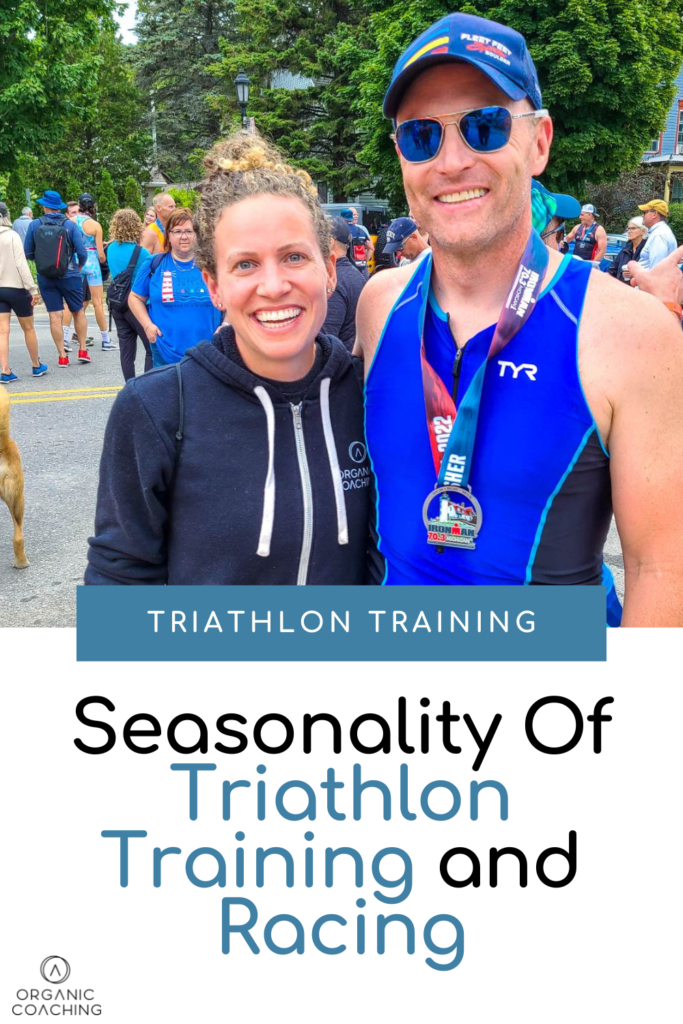
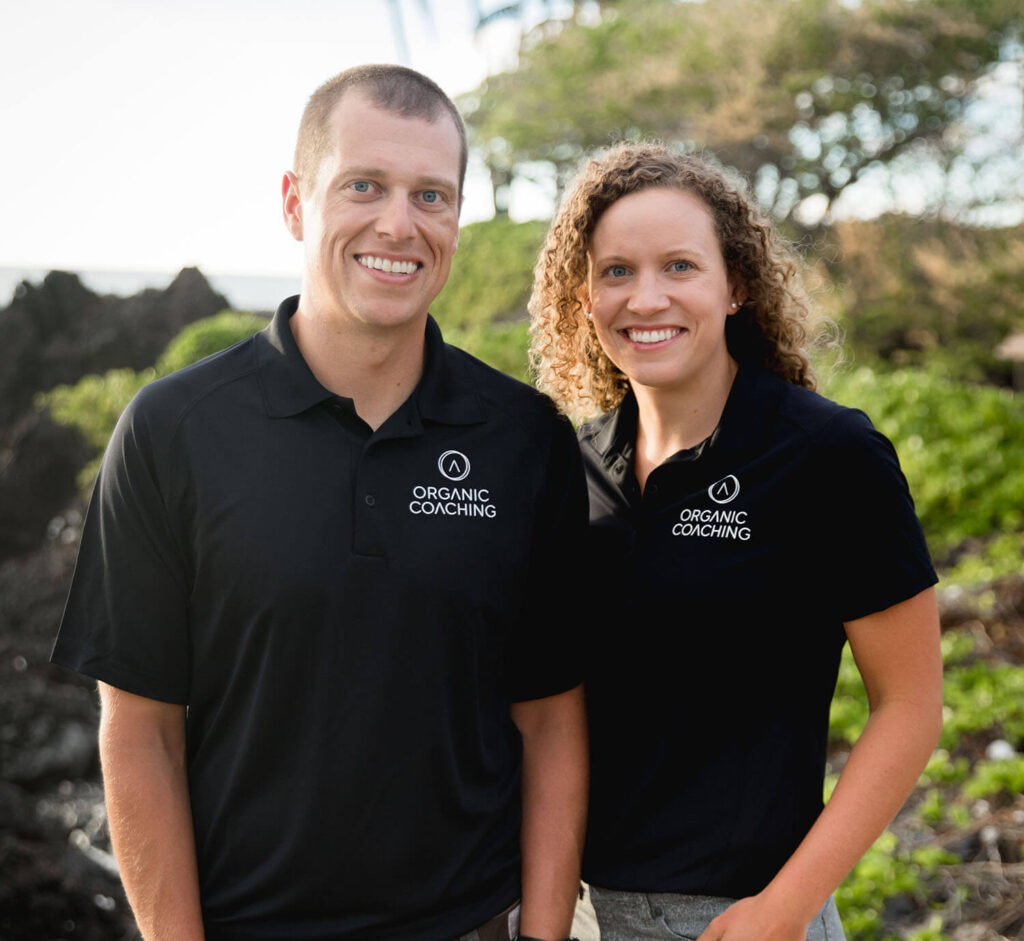
Carly and Tyler Guggemos built Organic Coaching in 2014 with a simple philosophy that works. The idea is to take what you have and grow it to get faster, fitter and stronger. And to do it with the time you have – not the time you wish you had.
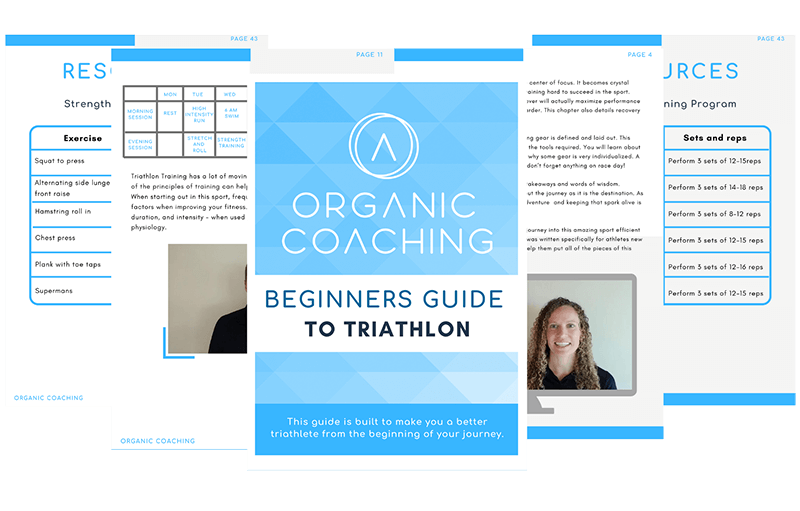
For athletes who are ready to take their training to the next level while still thriving and succeeding in their professional and family life.
Copyright © 2024 Organic Coaching LLC